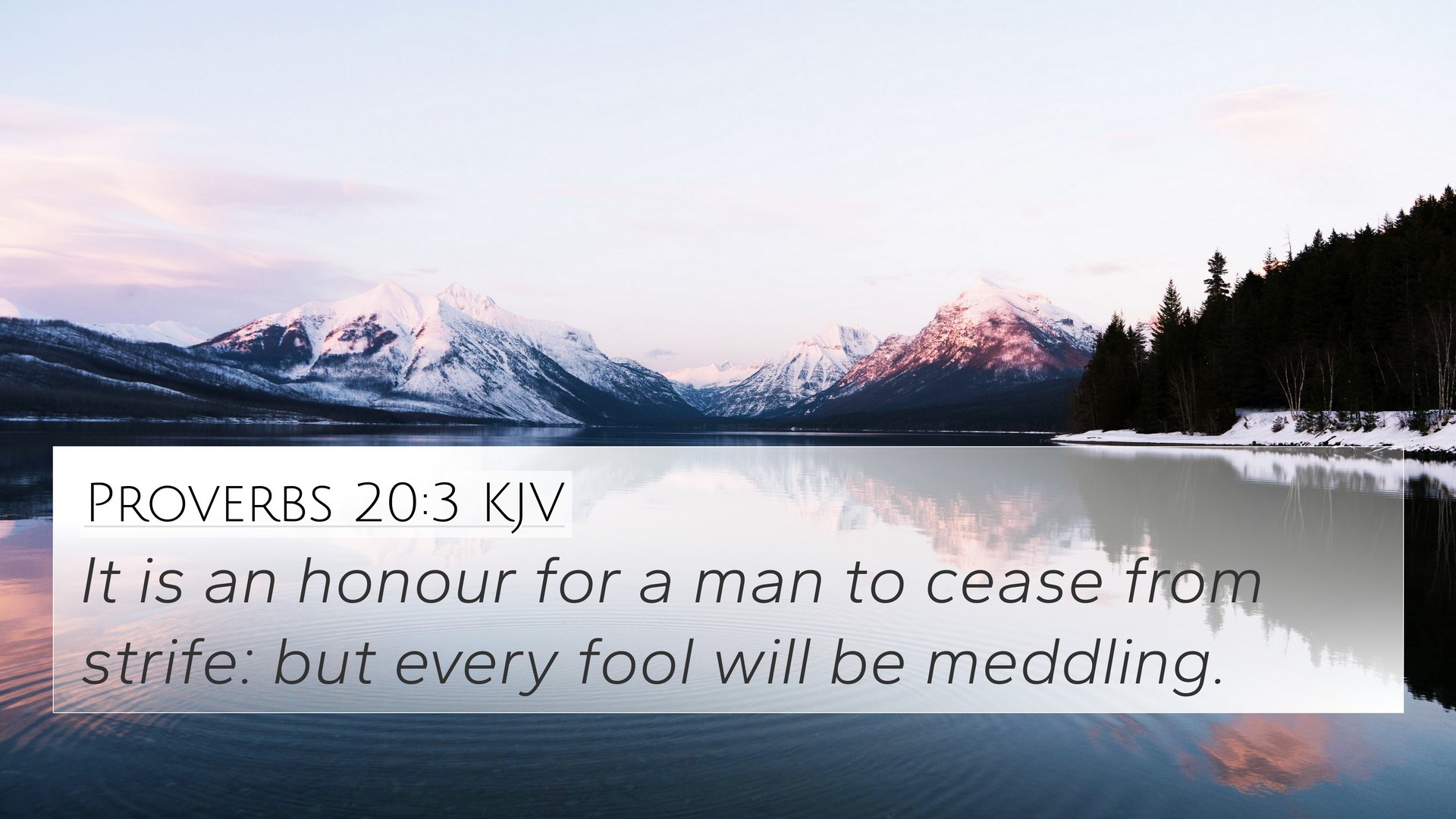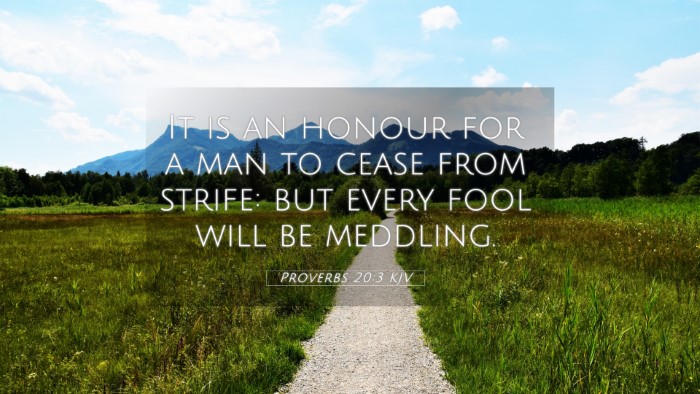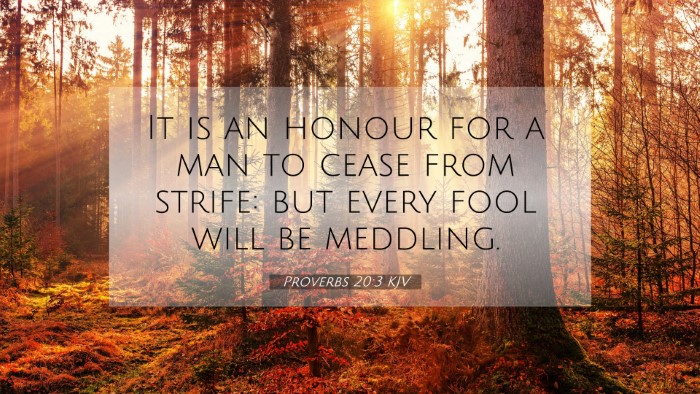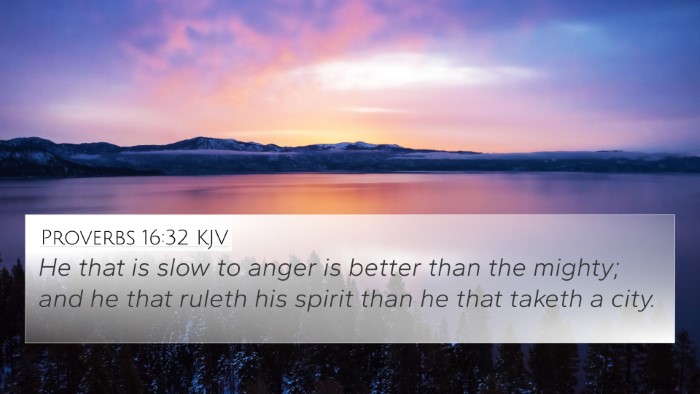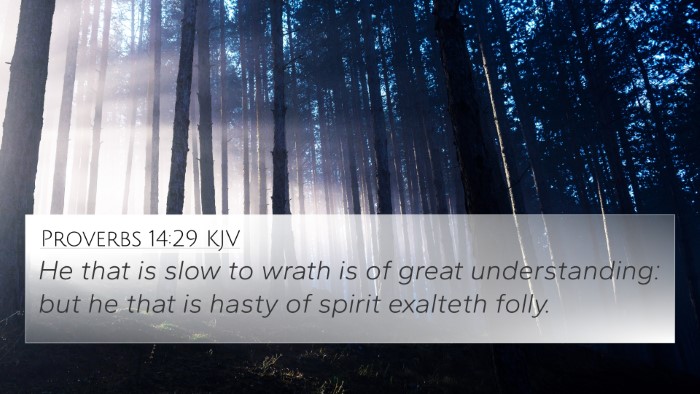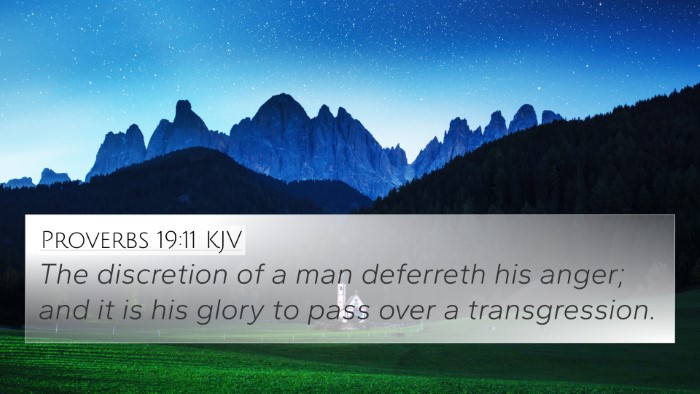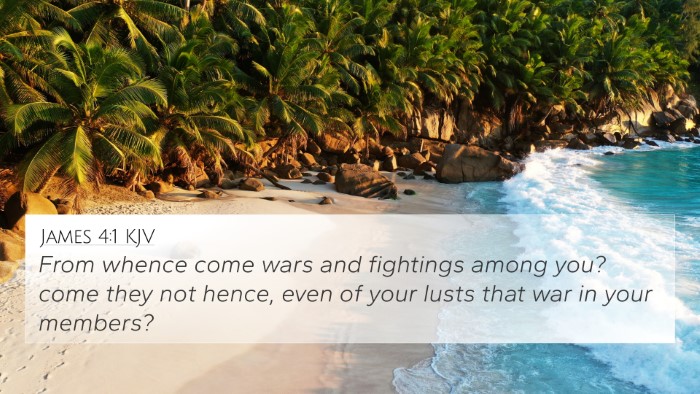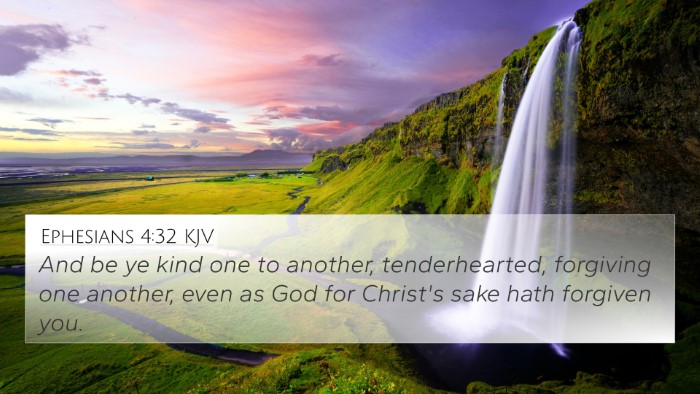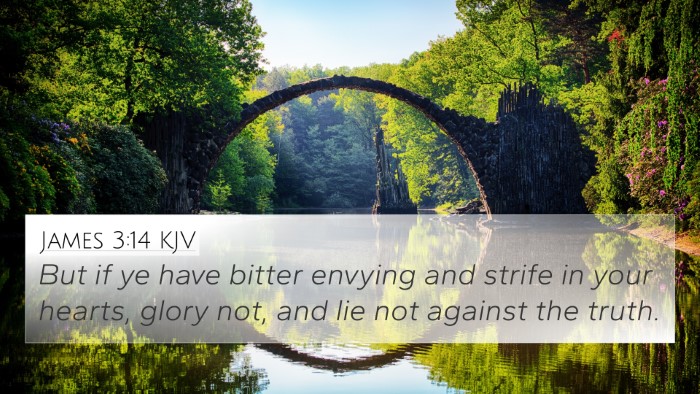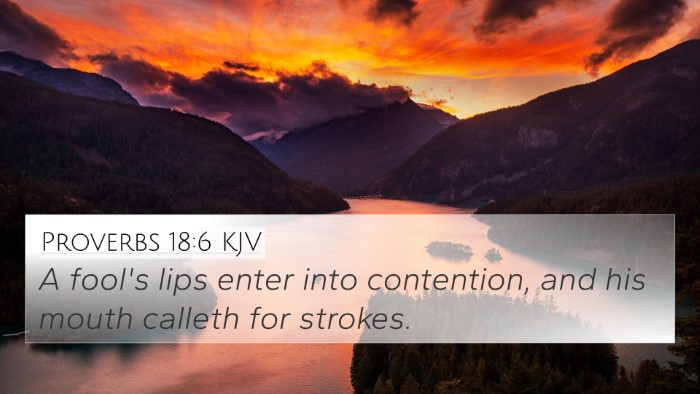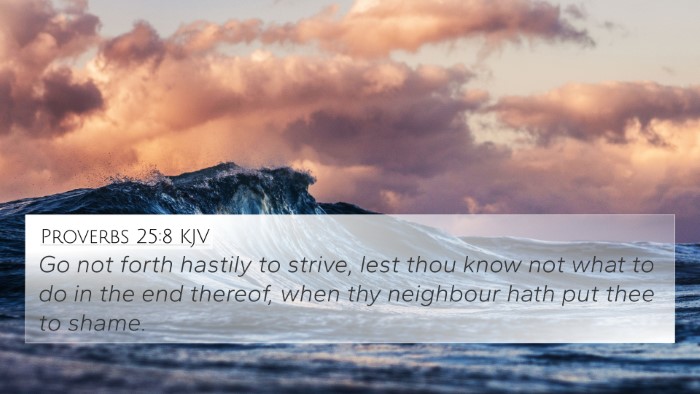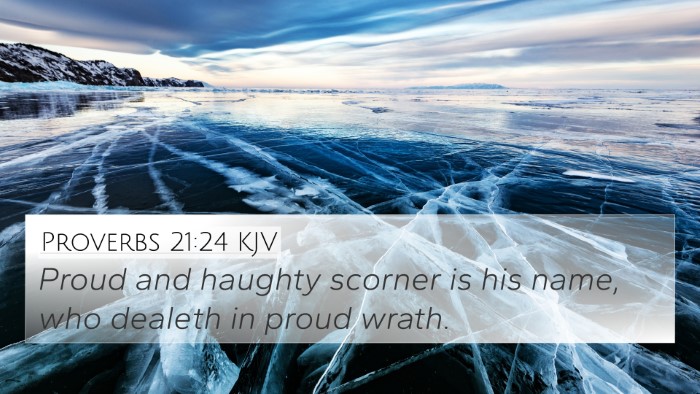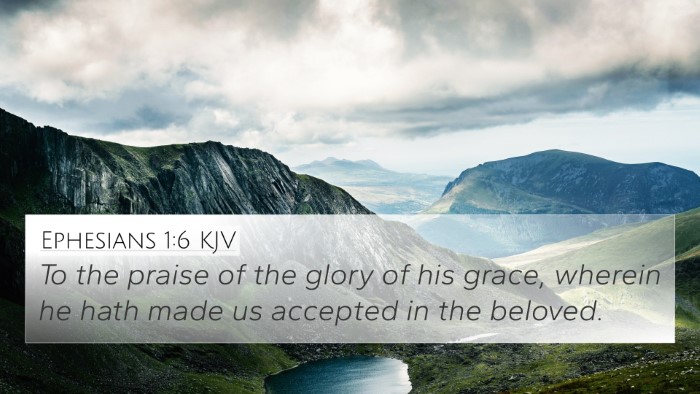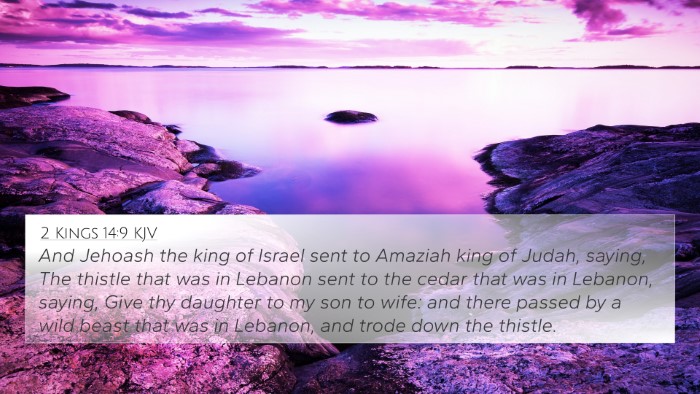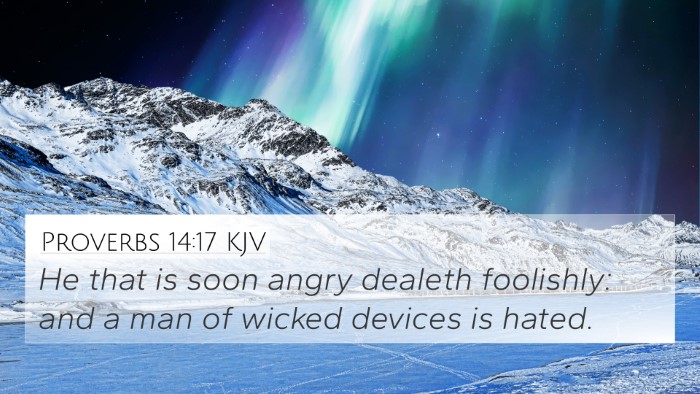Understanding Proverbs 20:3
Proverbs 20:3 states:
"It is an honor for a man to cease from strife: but every fool will be medling."
This verse offers profound insights into the nature of conflict and the virtue of peace. The verse emphasizes that it is honorable for a person to refrain from strife and argues that meddling in disputes is a characteristic of foolishness.
Insights from Public Domain Commentaries
Matthew Henry's Commentary
Honor in Avoiding Strife: Matthew Henry notes that avoiding conflict is a sign of true honor. It highlights the wisdom of choosing peace over contention and suggests that noble individuals will prioritize harmony in their relationships.
Foolishness of Meddling: Additionally, Henry points out that the fool engages in strife unnecessarily, thus perpetuating discord rather than contributing to resolution.
Albert Barnes' Notes on the Bible
Peaceful Living: Barnes elaborates that to keep oneself from strife is not merely about personal honor, but is fundamentally about fostering a peaceful community. He emphasizes the importance of wisdom in choosing when to engage or withdraw from conflict.
The Consequences of Strife: Barnes further illustrates that engaging in unnecessary disputes can lead to negative consequences, both personally and socially, which serves as a determent against conflict.
Adam Clarke's Commentary
Strife and Honor: Clarke emphasizes that true honor comes from humility and the wise choice of peace. He explains that those who avoid quarrels and strive for peace earn respect and admiration.
Character of a Fool: Clarke also notes that the fool who meddles is not only harming himself but also the fabric of community, as strife can lead to disunity and chaos.
Bible Cross-References
- Proverbs 17:14: "The beginning of strife is as when one letteth out water: therefore leave off contention, before it be meddled with."
- Romans 12:18: "If it be possible, as much as lieth in you, live peaceably with all men."
- James 3:18: "And the fruit of righteousness is sown in peace of them that make peace."
- Matthew 5:9: "Blessed are the peacemakers: for they shall be called the children of God."
- Proverbs 26:20: "Where no wood is, there the fire goeth out: so where there is no talebearer, the strife ceaseth."
- Ephesians 4:3: "Endeavoring to keep the unity of the Spirit in the bond of peace."
- 1 Peter 3:11: "Let him eschew evil, and do good; let him seek peace, and ensue it."
Thematic Connections
The themes of peace and the dangers of strife resonate throughout the Bible. Many verses advocate for peace, highlighting its importance not only in personal relationships but also within the larger community of believers.
Cross-Referencing Biblical Texts
Cross-referencing Proverbs 20:3 with other scriptures illuminates connections that deepen understanding:
- Connections between Old and New Testaments: The emphasis on peacemaking is consistent, from Proverbs through the teachings of Jesus in the Gospels.
- Variations in Language: Terms like 'peace' and 'strife' are used in various contexts, inviting study and contemplation that reveal inter-Biblical dialogue.
- Pauline Epistles: The practicality of avoiding strife is reiterated in letters to early churches, highlighting ongoing relevance.
- Contrasts between Wisdom and Folly: Proverbs, in its entire essence, contrasts wise behavior with foolish actions, encouraging readers continually to choose the former over the latter.
Conclusion
Proverbs 20:3 encourages readers to seek honor through peace, urging a commitment to harmony over conflict. Understanding and applying this verse, along with its related scriptures, can significantly shape one's life and community.
